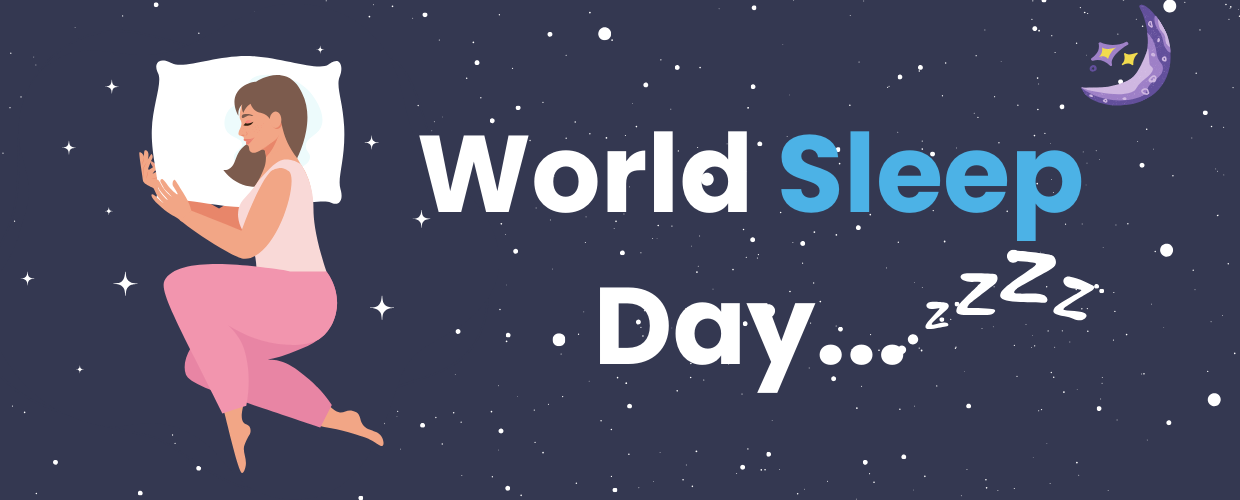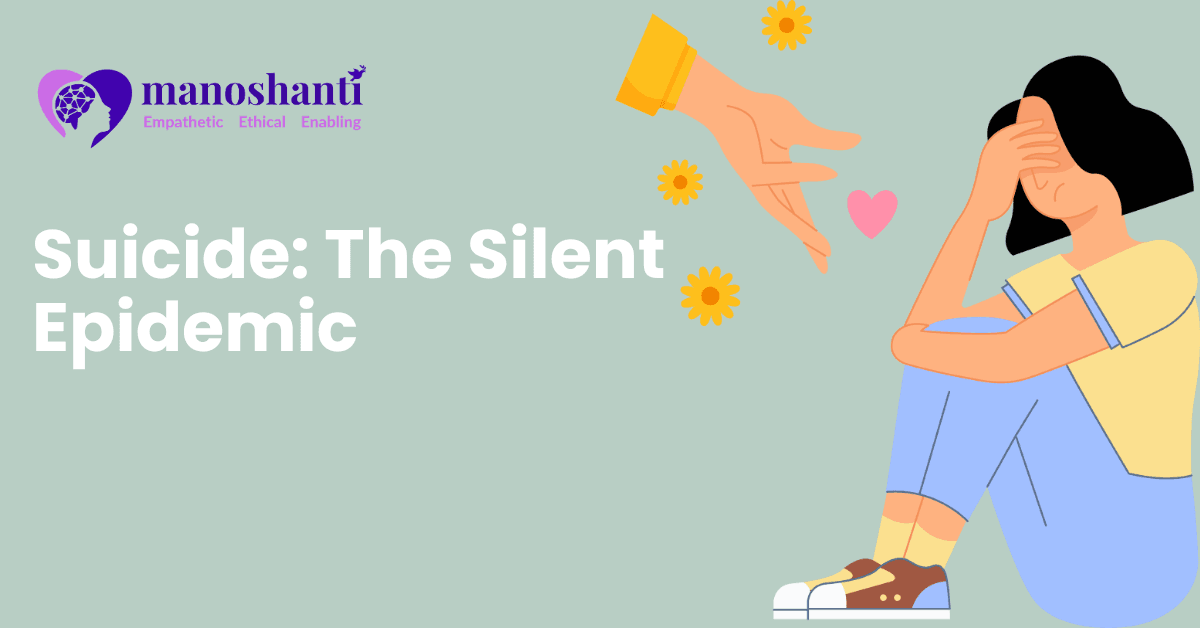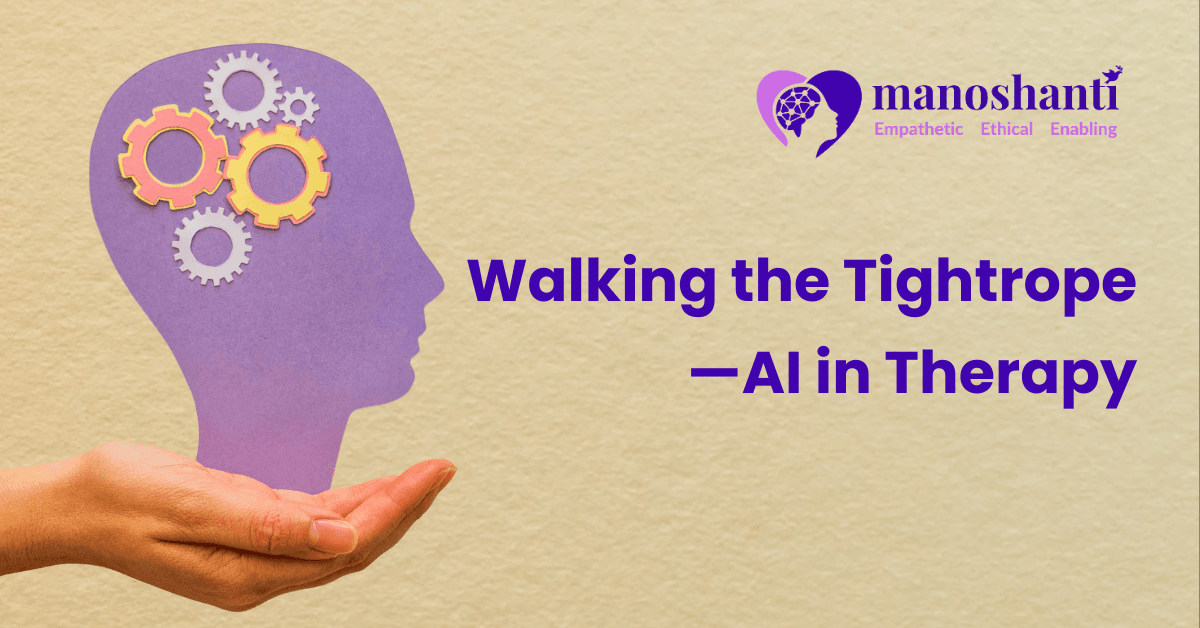As we approach World Sleep Day on March 15th, lets learn about the impact of sleep on our mental health. Sleep is not merely a time of rest; it’s a vital component of our overall well-being, with far-reaching effects on our mood, cognitive function, and emotional resilience. Unfortunately, in today’s fast-paced world, many of us struggle to get the quality and quantity of sleep we need to thrive. This World Sleep Day, let’s shed light on the mental health aspects of insomnia and explore how prioritizing sleep hygiene can support our mental well-being.
The Link Between Sleep and Mental Health
Research has shown that not sleeping well is closely associated with mood changes, low memory, and concentration difficulties. When we don’t get enough sleep, our brains struggle to regulate emotions effectively, leading to increased irritability, heightened stress levels, and a greater susceptibility to mood disorders. Furthermore, inadequate sleep impairs our cognitive function, making it harder to focus, retain information, and make sound decisions—a recipe for heightened anxiety and decreased overall well-being. Difficult falling asleep or waking up in the middle of night with thoughts can be a sign of anxiety. Similarly waking up early in the morning with low mood and fatigue can be a sign of depression.
Tips for Better Sleep Hygiene
Improving your sleep routine doesn’t have to be daunting. By incorporating simple sleep hygiene practices into your daily life, you can enhance the quality and duration of your sleep, nurturing your mental health in the process. Here are some tips to consider:
Establish a Consistent Sleep Schedule:
Aim to go to bed and wake up at the same time every day, even on weekends, to regulate your body’s internal clock.
Create a Relaxing Bedtime Routine:
Wind down before bed with calming activities such as reading, taking a warm bath, or practicing relaxation techniques like deep breathing or meditation.
Optimize Your Sleep Environment:
Ensure your bedroom is conducive to sleep by keeping it cool, dark, and quiet. Invest in a comfortable mattress and pillows that support restful sleep.
Limit Exposure to Screens Before Bed:
Minimize exposure to screens (phones, tablets, computers, TVs) at least an hour before bedtime, as the blue light emitted can disrupt your body’s natural sleep-wake cycle.
Watch Your Diet and Exercise:
Avoid heavy meals, caffeine, and alcohol close to bedtime, and aim to incorporate regular exercise into your routine, but avoid vigorous exercise too close to bedtime.
Conclusion
On this World Sleep Day, let’s prioritize our sleep as an essential pillar of our mental health. By recognizing the intimate connection between sleep and mental well-being, we can take proactive steps to nurture both aspects of our health. Whether you’re struggling with insomnia, depression, anxiety, or simply seeking to improve your sleep hygiene, know that you’re not alone. Reach out to healthcare professionals for support and guidance, and remember that small changes in your daily routine can yield significant improvements in your sleep quality and overall mental well-being





